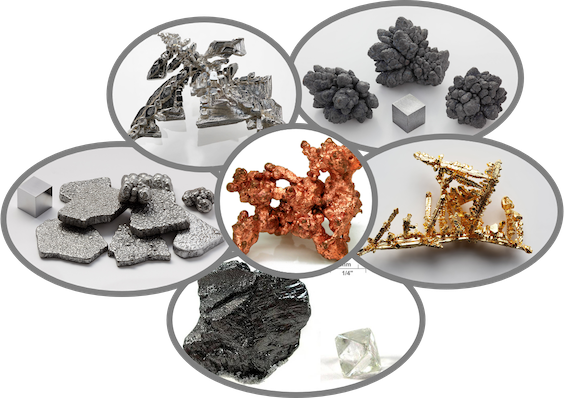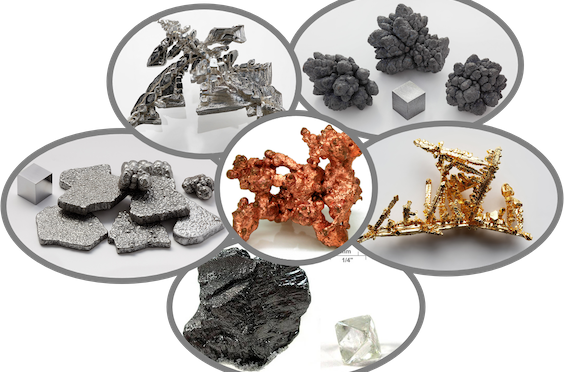There are currently 118 elements on the periodic table. Maybe 10 were known to the ancients: copper, lead, gold, silver, iron, carbon, tin, sulfur, mercury, and zinc. Given the importance of these elements to metal working, it isn’t surprising to find that several of these have native words in Basque. As noted by linguist Larry Trask, perhaps more surprising is that some of them seemingly do not.

- Lead. The modern Basque word for lead is berun. Lead has likely been smelted for at least 9,000 years and is used today in a wide range of technologies, from plumbing and batteries to paints and radiation shielding. However, lead is also toxic, leading to a push to develop technologies that use less lead. Beraun is an alternative spelling for lead in Bizkaia. Berun-zuri — white lead — is another word for tin.
- Iron. There are a number of spellings for the word for iron, which makes some sense given the overwhelming importance of iron to the history of the Basque Country. The most common spelling is burdina, but in Zuberoa, you can also find bürdü(i)ña. Other versions include burnia, burrina, burduina, and burine. By mass, iron is the most abundant element on Earth, but most of it is tied up in minerals, requiring high temperature (nearly 3000 °F) furnaces to extract. Burdingorri, or red iron, is another name for copper. Burdinori, literally meaning yellow iron, is sometimes used in Bizkaia for bronze. Some have speculated that the word burdin is related to urdin, today meaning blue. Trask finds this an interesting idea, but there is little direct support for this.
- Gold is urre, though urhe and ürhe have also been documented. Of course, humans have always had a fascination with gold, not only because of its properties but because of its luster. We have about 190,000 metric tons of gold, about half of which is used in jewelry and 10% is used in industry.
- Silver is an interesting case. The Basque word for silver is zilar, though zidar, zirar, zildar, and ziler, amongst other spellings, are also found. The words silver and zilar are similar enough that some have speculated a common origin, but no definitive link has been established. Silver has a number of uses, including in photographs and as a disinfectant. Another word for silver is urre zuri, or white gold. The more archaic Basque word for mercury is zilarbizi, or living silver, similar in spirit to quicksilver.
- Carbon is one of the most important elements to life on Earth, the basis for all organic chemistry and the element comprising both diamonds and charcoal. Thus, carbon has been critical in refining metals and has a long history of human use. The modern Basque word for carbon is karbono, and that is what you would find on the Basque periodic table. However, there seems to be a more ancient Basque word for carbon, or at least charcoal: ikazkai, or ikazki. At least the Elhuyar Hiztegiak defines ikazkai as carbon.
- Copper is maybe the most interesting item on this list. Humans have been using copper for over 10,000 years, longer than any other metal, since it is found in a form that can be used almost directly, without smelting or refining. However, despite this long history, Basque doesn’t seem to have a native word for copper. The modern word is kobre, clearly taken from a Romance language. However, Pushkariova argues that there are older, native words in Basque that have been displaced by kobre. These are okain and tupiki. Tupiki is listed in the Orotariko Euskal Hiztegia, along with the Bizkaian variant topinki, as a word for copper. But, they say that okain actually means “to charge” and the association with copper was a mistake. Ok. But then Pushkariova gives a word for malachite, a copper-based mineral: okain berde. I can’t find any other mention of okain berde anywhere, so not sure what to make of this one…
- Basque doesn’t seem to have native words for sulfur or zinc, despite their long history with humans.
- And, I can’t leave this alone without noting again that the element tungsten was discovered by the Basque Elhuyar brothers. I always wonder what they might have named their element if had the chance.
Discover more from Buber's Basque Page
Subscribe to get the latest posts sent to your email.


